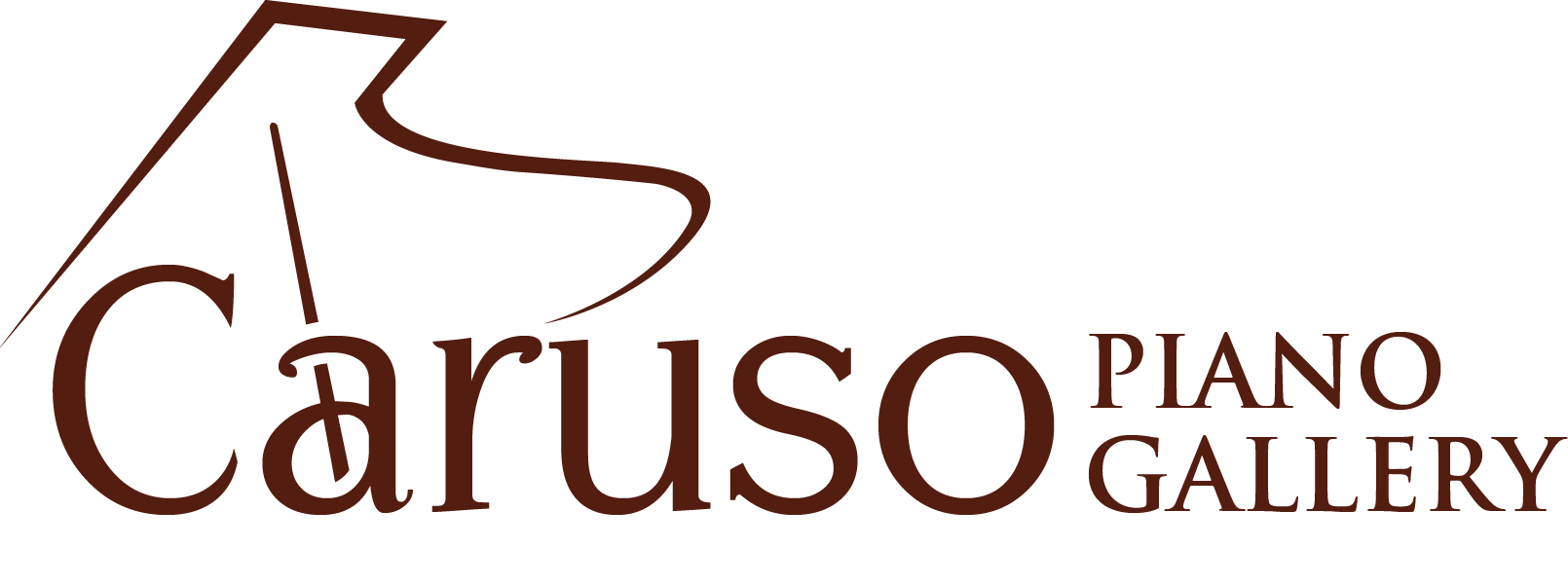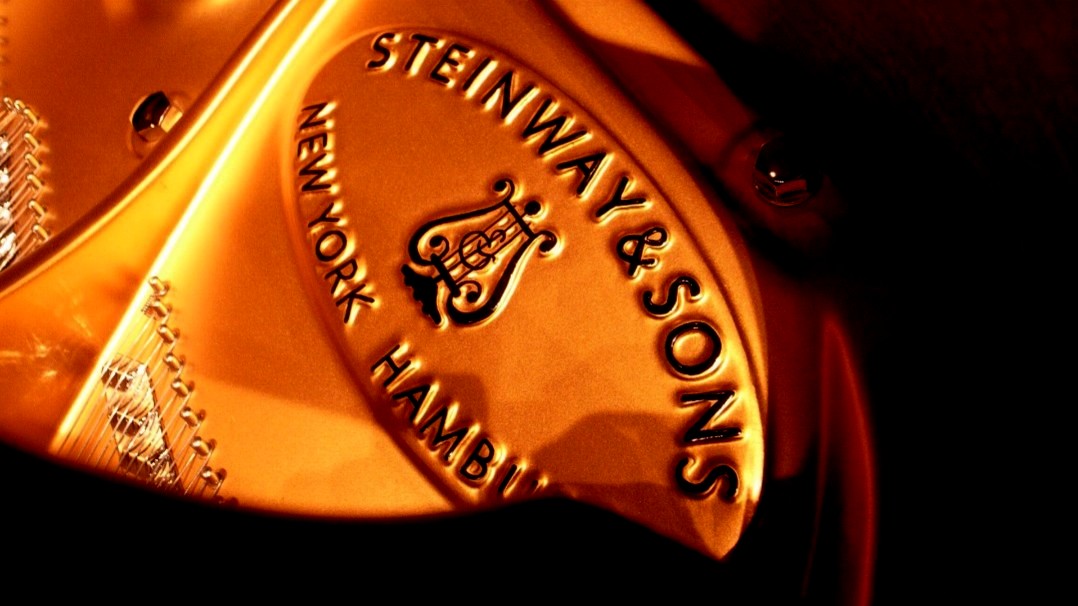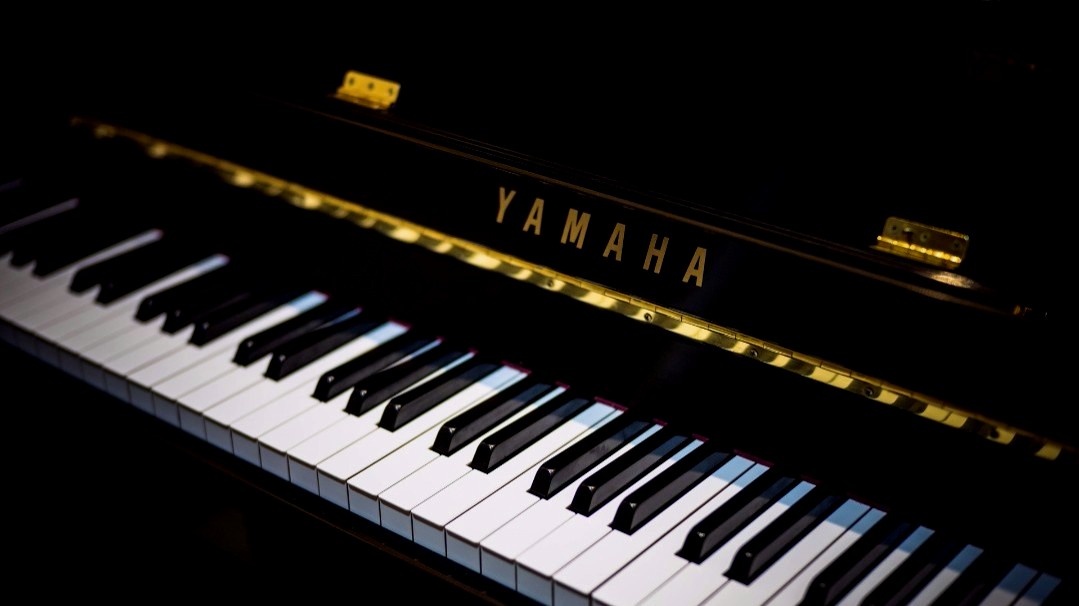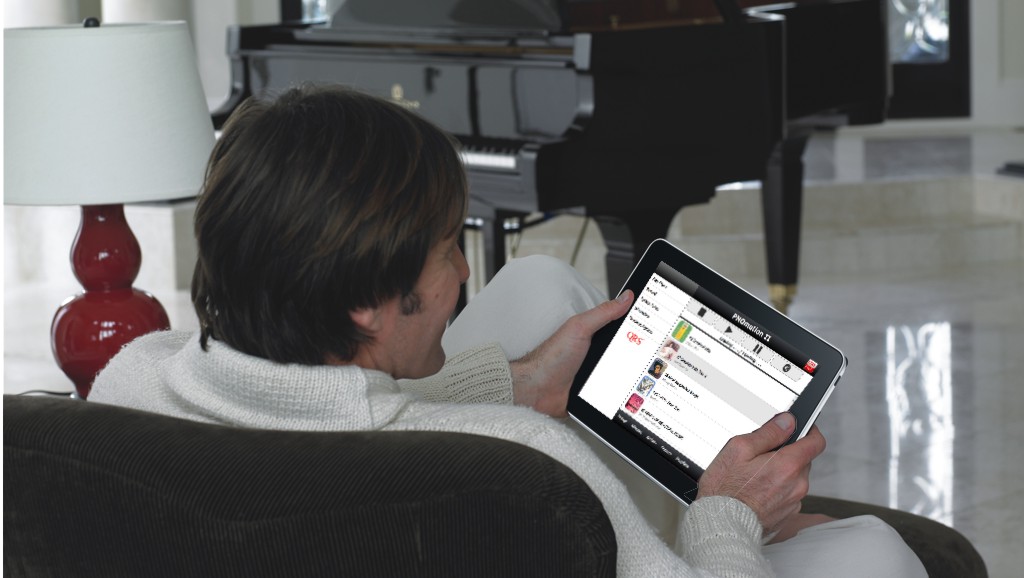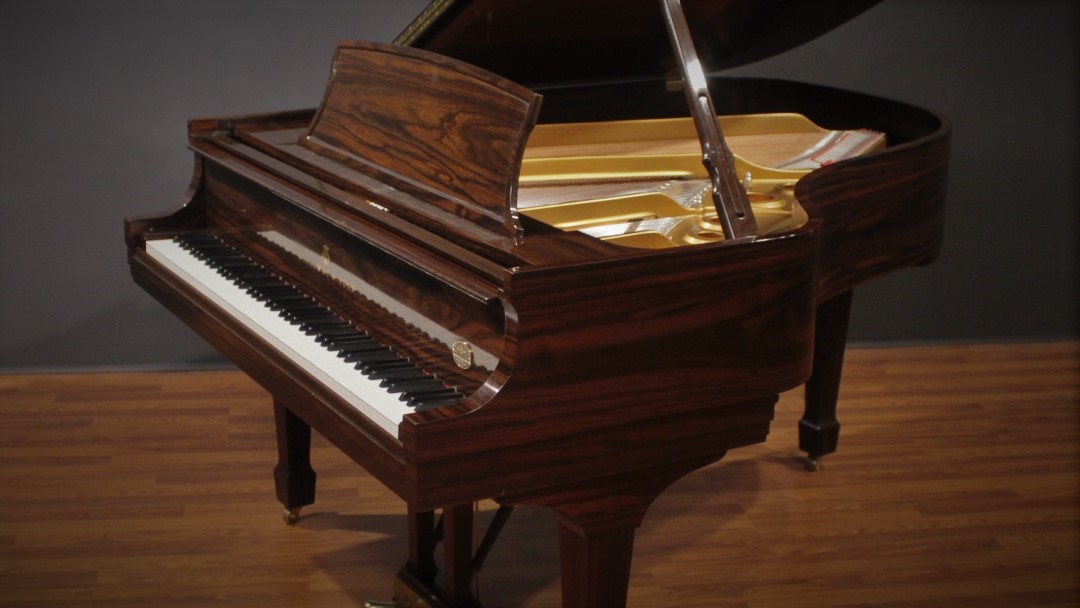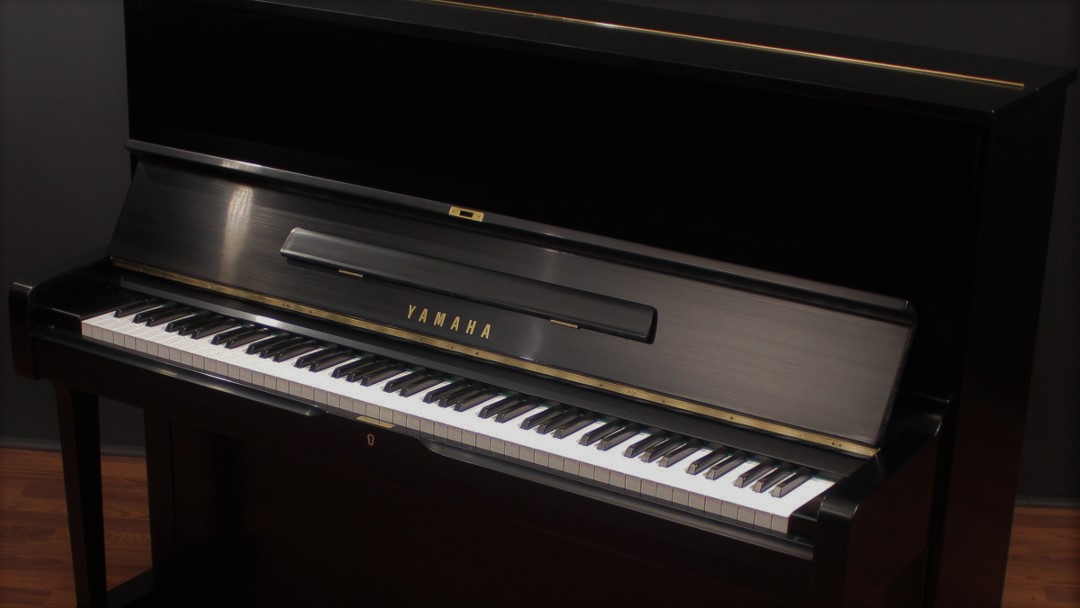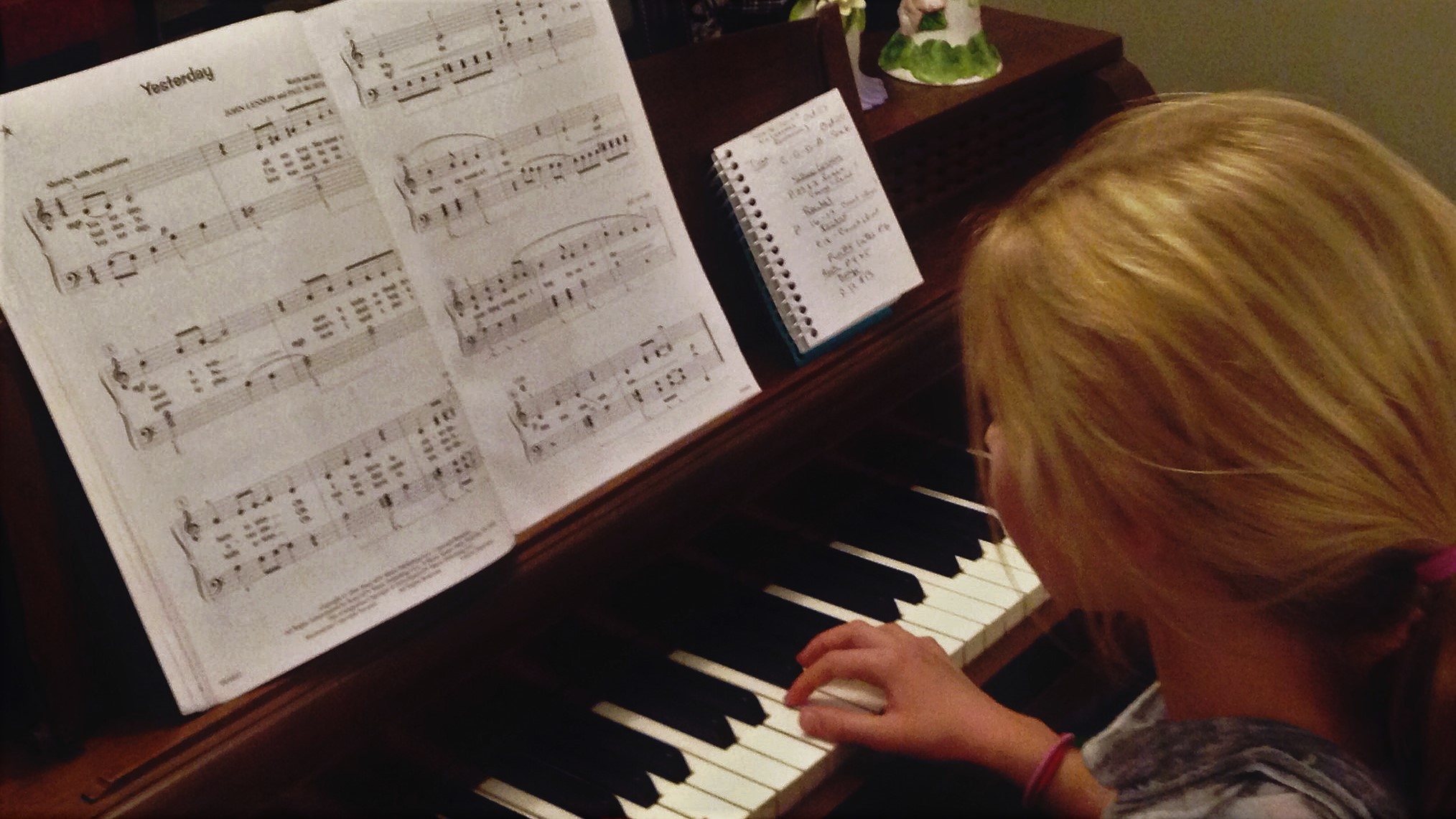Dive into the often confusing world of piano warranties; uncovering the truths can save you from future headaches and unnecessary costs when buying a used piano.

When shopping for a piano, many buyers find themselves out of their depth, as they typically have limited knowledge about pianos compared to other major purchases, such as houses and cars. This lack of expertise can lead to concerns about potential costly repairs and the diminishing value of their piano investment. This article aims to demystify piano warranties and provide useful guidance for prospective buyers.
Whether you're buying a new, used, or restored piano, the warranty you're likely to receive will all feature more or less the same language. For new pianos, warranties serve an important role, serving to protect buyers against defects in materials and workmanship during the construction of the piano. The language of most piano warranties is focused on addressing these types of issues. Consequently, issues covered under warranty tend to surface within the first few years after a piano is built, as it undergoes its "breaking in" phase. Used pianos are less likely to encounter warranty-eligible issues, since they have typically passed this initial period, and any warranty issues have likely already been addressed.
Piano dealers are well aware of the fact that piano shopping can be a confusing and unfamiliar experience, they know that the concept of a warranty provides the semblance of peace of mind, and they know that providing warranty service on a used piano is rare. Unfortunately, some may try to exploit this knowledge. They may offer seemingly long and extensive warranties on used or restored pianos to justify higher prices, while understanding that the likelihood of encountering a warranty-covered issue is slim.
Did You Know?
We can add a variety of technology options to virtually any piano in our inventory, including self-playing, recording, and silent practice capabilities. Ask our experts to learn more.
It is crucial to remember that, regardless of whether you're buying a new, used, or restored piano, piano warranties are not comprehensive insurance policies covering all potential expenses associated with owning a piano. There are always costs involved in maintaining a piano, but by being an active and responsible piano owner, these expenses can be minimized.
Most of the major problems that arise with pianos (and the ones that require some of the most costly repairs) are due to exposure to unfavorable environmental conditions, particularly excessive dryness caused by home heating during the winter months. Wood is a critical structural component of all pianos, and it is sensitive to fluctuations in humidity. It is important to note that issues caused by exposure to adverse environmental conditions are not covered repairs by any piano warranty we've ever seen.
Instead of relying on warranties to address any issues that may arise with their piano, the best approach for piano buyers is to be proactive and responsible in maintaining their instrument. Ensuring that the piano is placed in a suitable environment, specifically by monitoring and regulating humidity levels, is key to its long-term health. In our experience, the best way to regulate piano humidity is by investing in a Piano Life Saver humidity control system , which we highly recommend.
Understanding the limitations and purpose of piano warranties is essential when shopping for a piano. While warranties may provide some peace of mind on the surface, the responsibility of ensuring the instrument's well-being ultimately falls on the owner. By being proactive in caring for your piano and maintaining a healthy environment, you can protect your investment and enjoy beautiful music for years to come.
